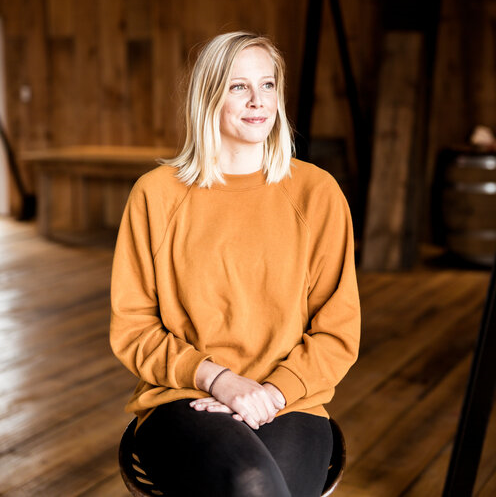An Interview with Karly Church
An Interview with Karly Church
By Rob Kirsic
December 2022
Karly Church is an anti-trafficking advocate, crisis counsellor and well-known speaker. She is known for her work on the issue of commercial sexual exploitation and domestic trafficking and has been a leader in helping shift the perception of trafficked girls from criminals to victims and now to survivors and leaders. Karly is a graduate of two college programs including Social Service Worker Program as well as the Addictions Counsellor Program. She harnesses her lived experience, extensive knowledge of trauma-informed care and harm reduction, along with her passion to engage and work with survivors. Karly is a TED X speaker and has trained thousands of individuals globally on the issue of domestic sex trafficking. Karly is also the recipient of the Jennifer O‘Connell Women of Distinction Award for her dedication to supporting marginalized women and girls.
She is also the recipient of the 2022 OMSSA Champion of Human Services Award. OMSSA sat down with Karly for an interview to discuss her work.
This interview has been edited and condensed. Please note: This article discusses a specific person’s experiences with human trafficking. This may be difficult for some readers.
OMSSA: Can you tell us a little bit about your lived experience as a survivor of human trafficking and about your work to help and support others with Durham Region?
Karly Church (KC): I always tell people that I came from a pretty stable, seemingly normal family. I had the same vulnerabilities as most young people do growing up. I struggled with a few things but the biggest thing is that I never felt adequately loved or unconditionally loved, and that’s no fault of my caregivers at all as it was just how I felt. And this became a huge vulnerability.
Over time, my vulnerabilities spiraled, shifted, and changed, and I ended up experiencing some trauma in my life and shortly after found drugs to self medicate. My whole life at that point revolved around me getting and using substances, and that ended up in me struggling with not having family or social supports that I was in constant contact with, not having adequate housing, and proper finances because I couldn’t keep a job. I wore my vulnerabilities on the outside and my traffickers saw them from a mile away.
When I met my traffickers, they started asking me many questions, and it didn’t feel like I was interrogated or interviewed but incredibly special that somebody finally stopped to notice that I was struggling and was interested in my life. What they were really doing is they gathered a lot of information on me, about me, that they used against me, but in the moment, it felt incredible, and we call this the luring process.
And then they saw my basic needs weren’t being met and they quickly moved me into the grooming and gaming stage where they began to meet all those basic needs – a safe place to stay, introduced me to all their friends, continued to be interested in my life, took me shopping, showered me with compliments and boosted my self-esteem and self-worth, and it almost felt like I hit the jackpot and that everything had turned around. It was really hard to see any red flags other than this was all too good to be true, and who really wants to believe that?
Slowly over time things started to change, and they moved me to the next stage which is the coercion and manipulation stage. This is when they gave me that love and attention and then pulled it away, and they started to ask me to do things to stretch my boundaries, morals, and values, and I would do those things because I knew immediately afterwards that I’d go back to that honeymoon stage and they could treat me really well.
This is the process traffickers take and it’s where they can develop that trauma bond. They picked me up, built me up, then tore me down and then built me back up again in the way they felt was necessary. I felt like I owed them my life. I was indebted to them, so slowly over time they then introduced working in the sex trade and did so in that direct way – we’ve done all these things for you, we’ve taken care of you, you owe us money, this is how you’re going to pay us back. I said yes, and I didn’t know the true definition of consent then so I thought it was my fault. I thought I chose to do this because they asked me to do it and I said yes. I lived with a lot of shame and self blame when I did exit because I didn’t know what was happening, I didn’t know I was being trafficked, I didn’t know that I didn’t consent to anything. They also knew everything about me to keep me there so, once I started working, they knew exactly what to say to keep me from leaving.
When I tell my story, I always tell people there’s three reasons why I didn’t leave, and I think it’s important for people to know these three reasons, because a lot of people think you live in Canada, there’s support; if your traffickers weren’t watching you all the time, why didn’t you walk out of that hotel room door? Why didn’t you walk into a police station? Why didn’t you pick up the phone and call your family?
- The fear – there was some physical violence in my situation, not a whole lot, but enough to instill that fear, and all I could think is if I walked out this hotel room door and they catch me, what are they going to do to me? That fear was real.
- The fear of the unknown – if I walk out where am I going to go? Where am I going to sleep tonight? Where am I going to get my next meal? Where am I going to get my next fix? Who was ever going to love me again after this? Who was going to take care of me? That was much scarier than they were.
- The psychological hold or the trauma bond that was developed – from the time they took me through the luring process, grooming process, coercion and manipulation, to full on exploitation, there was a trauma bond built – I felt they had picked me up, saved me, I was indebted to them, they met all my needs, they treated me better than anyone had, so it’s really confusing.
The best way I tell people about that trauma bond is I tell a story because everyone I’ve ever worked with has one of these stories – they’re all very, very different but you’ll hear somebody tell a story and you know that’s when the trauma bond took hold.
My story took place after my very first client in the sex trade, and after he left my hotel room, my trafficker came into the room and sat down on the bed beside me, looked at me in the eyes, and was so genuine, and every single time I picture this moment it feels like it was yesterday. I can picture the way the room looked, he looked, and it still feels just as genuine for that split second. Logically, I know it wasn’t but that’s how powerful it was in the moment.
He sat there beside me and said Karly, I’m so proud of you. And he said it because I told him way back when I first met him in the luring stage when he was asking me all those questions that they only thing I ever wanted to hear someone say to me growing up was that they’re proud of me, so now he said it, so it didn’t matter anymore what somebody was proud of me for or who was proud of me, somebody was finally proud of me. I was finally good at something so I was going to do whatever it took to hear that over and over again because, not only was he meeting all my basic needs, but he was also meeting a need that I had been longing for my entire life.
This really is what human trafficking looks like. A lot of people think it looks like the movies where you’re kidnapped and you’re thrown into a room and locked up, and it doesn’t look like that. You go with that person because you believe they’re going to love you, they’ve shown that they can take care of you or they can meet your basic needs and they’re there to pick you up, and that’s exactly what happened in my situation. The work that I do today is really based on trying to fill those gaps. There are four parts:
- Prevention – I will tell my story, I will tell people exactly what human trafficking truly looks like in a Canadian context, what the true definition of consent is, I talk to youth, I talk about empowerment and vulnerabilities because we need to boost our young people’s self esteem. I always say the antidote for human trafficking is empowerment and knowing the true definition of consent, and that yes doesn’t always mean yes, that removes that shame and inability to ask for help.
- Focusing on the individual - I’m embedded with Durham Region Police Services and they’ve taken on what they call a victim-centered approach where the victim is at the centre of the investigation. The main priority is them and having their needs met. It is a bonus if they provide a statement and charges are laid and the conviction is made. Our goal is to work together collaboratively to ensure that individual has all their basic needs met.
- Think outside of the box - I always say it is fundamentally unfair to ask somebody to leave their trafficker if you cannot find alternative ways to meet every single one of their basic needs. I work together with all kinds of different agencies because not one agency alone can meet the needs of every individual so I do a lot of networking and connecting with different resources to build relationships. We can connect with social services, Children’s Aid Societies, Violence Against Women (VAW) shelters, cultural supports, whatever that looks like, to ensure every single unique need of each individual is met. There’s no one size fits all, so everyone’s support plan is unique to them.
- Advocacy – I sit on a lot of different boards, advisory panels, to advocate for change from a survivor perspective, people who access those services, who first-hand have seen the gaps or need some form of change, and as we learn and grow and listen to other survivors, what their unique needs are and what needs to change, so I have no problem constantly advocating for change. And then I started to try to make change on a global level!
OMSSA: What has COVID-19 taught us, especially as we come out of the pandemic, about human trafficking? Has anything changed when it comes to human trafficking? What can be done moving forward to enhance efforts to stop this?
KC: The pandemic really affected this population in a negative way. There was zero decrease in trafficking.
When I present, I talk about COVID and human trafficking because, and I’ll be the first to say it, as social services and someone who works directly with victims and survivors, we failed this population during the pandemic.
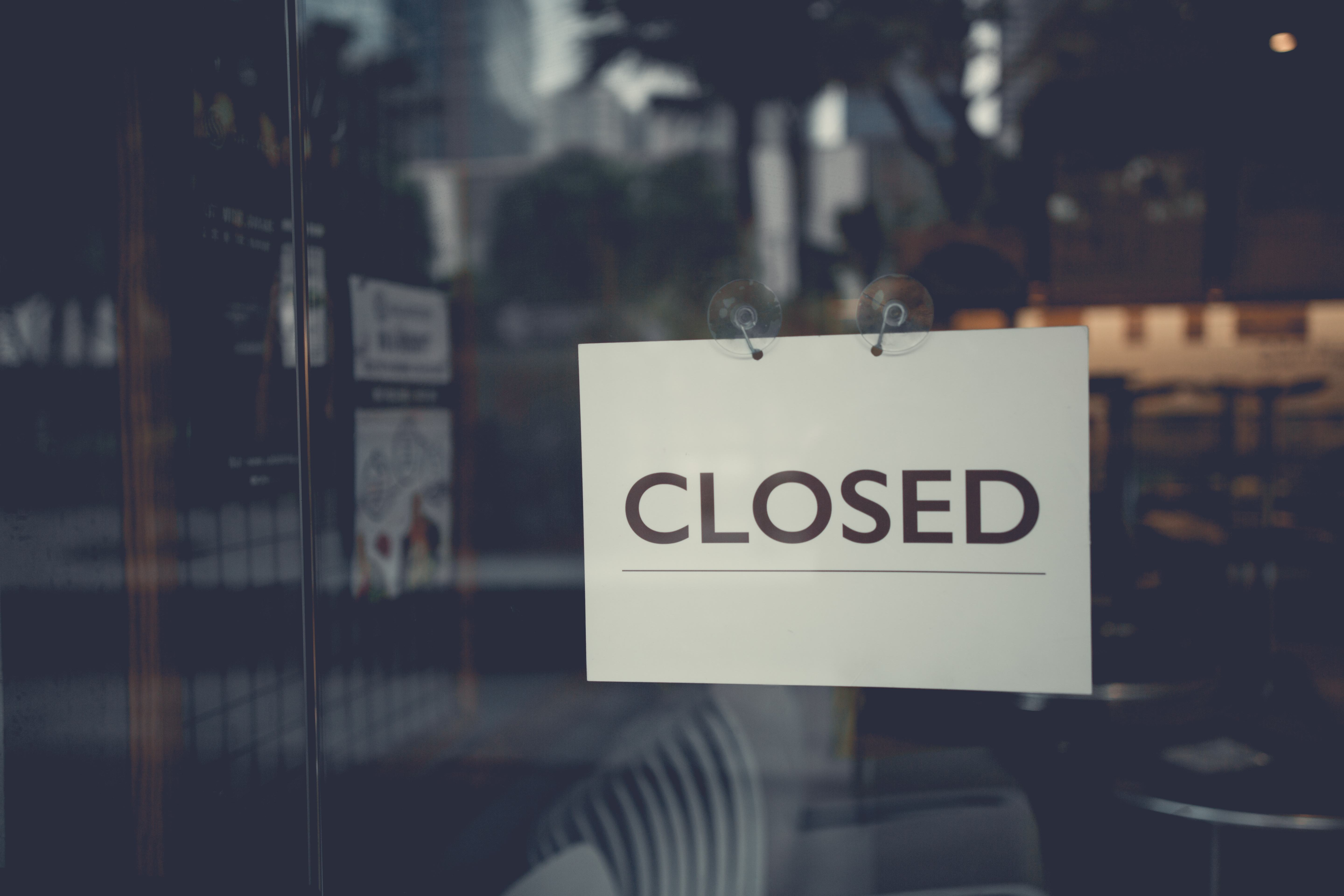
Your trafficker wants to know where you are at all times. When COVID happened, everything was over the phone and if you had to go in person then you were given an appointment time with no flexibility. That doesn’t work for a survivor of human trafficking. You’re not going to make that window. You’re probably not going to make that phone call back so that was extremely detrimental.
Due to the heightened restrictions from public health recommendations, sexual health clinics were shut down and VAW shelters could not address the unique needs of survivors, and they had to quarantine in their room for 14 days. If that is not retraumatizing, I don’t know what is. The majority of my clients have some form of mental health or addictions at some point in their trafficking experience, whether that’s previous, during, or after it, dealing with PTSD or for coping, and they did not have access to supports.
What ended up happening is that traffickers adapted to the pandemic much quicker than social service providers did. They were able to offer those basic needs and were quick to jump on and adapt to things in areas faster that we can because we have rules to follow and thinking about what public health would say – traffickers don’t have to do that.
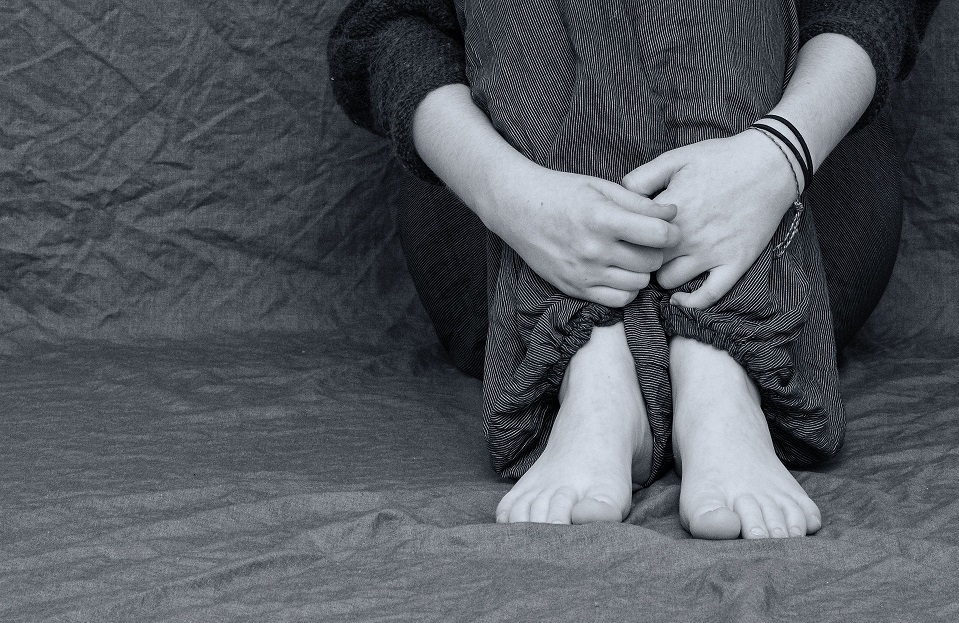 During the pandemic, we also saw an increase of people either returning to their traffickers or being recruited, but I have never seen so many young people being recruited as I did during the pandemic. Kids were taken away from their regular routine, they were stuck at home doing online schooling – sometimes with adult supervision and sometimes not – and families were struggling to be there because they were adapting to job losses or working and supervising kids. They were on screens for longer periods of time and took to chatting online. Who do you think gravitated and jumped on that really quickly?
During the pandemic, we also saw an increase of people either returning to their traffickers or being recruited, but I have never seen so many young people being recruited as I did during the pandemic. Kids were taken away from their regular routine, they were stuck at home doing online schooling – sometimes with adult supervision and sometimes not – and families were struggling to be there because they were adapting to job losses or working and supervising kids. They were on screens for longer periods of time and took to chatting online. Who do you think gravitated and jumped on that really quickly?
When you asked what we learned, it’s that convenience for us a lot of time makes sense. We can see a lot of people; we can check in with a lot more people virtually. It might be convenient from that perspective, but for somebody who has experienced significant trauma or is in an unsafe environment and needs that face-to-face support, or that might be their only reprieve from their abuser, what’s more important? Our convenience or somebody’s well-being and their health? It’s not convenient for someone who may have a trafficker in the same room as them and can’t share information or get anything therapeutic out of that help because of what they’re fearful of saying.
OMSSA: One of the themes you’re getting across is the need for wrap-around supports and services that a victim would need. Building on this and what you said about the convenience factor, is there something OMSSA Members could be doing right now in their communities to address what you’ve mentioned?
KC: Different agencies and Members have a lot of different skill sets in many areas and, I think, sometimes we forget and we all work in silos. We all need to come together and have conversations around what can be done. What’s missing in your agency because we might be able to help? What’s working in other parts of the province?
What we see is in human trafficking is people are transient, so they move from one region to the next. They might be in Toronto and be able to get certain supports but then they go elsewhere and the supports aren’t similar. One thing that I think is really important is to make something that is a protocol across Ontario that we all do that is the same. Because traffickers are savvy, and they're smart, and they will move people to regions where there are no supports or that maybe aren't doing it the same way as another region.
 We don't have best practices in supporting victims of human trafficking. How do we make best practices? I think we're starting to understand what we need to do, but what are the biggest areas that we need to improve on and housing is a really big one. Are there any specialized supports? Are there any specialized shelters for survivors of human trafficking? Is there priority housing for individuals who are exiting a trafficking situation?
We don't have best practices in supporting victims of human trafficking. How do we make best practices? I think we're starting to understand what we need to do, but what are the biggest areas that we need to improve on and housing is a really big one. Are there any specialized supports? Are there any specialized shelters for survivors of human trafficking? Is there priority housing for individuals who are exiting a trafficking situation?
I think mandated training on human trafficking would increase the ability to recognize trafficking, know exactly what to do in that situation, who to reach out to. Because a lot of Members will be the first point of contact at times and will come in contact with somebody, and it doesn't always present as human trafficking at first look. With training, members will be able to pick up on the subtle warning signs and know how to ask appropriate questions.
Nobody is coming to you and saying I'm being trafficked. They're coming for something else. And, if you don't know the indicators or what the red flags are, and the appropriate questions to ask, you may never get that disclosure from that person.
As broad as those things are, I think they can go a long way and I think we'll make a significant difference with awareness, being able to recognize it, and make the appropriate referrals to make sure we can get that one-stop shop of all supports coming to that individual and meeting them where they're at.
OMSSA: With the work you do in Durham Region, how rare is it? Is this the only team of its kind in the GTA or Ontario?
KC: There are a couple human trafficking units within police departments across Ontario, across Canada. We were the first to take on this victim-centred approach with a survivor embedded. Every time they meet with a potential victim of trafficking, I go with them. That individual gets the opportunity to talk to police or not talk to police, and work with me in a confidential way and I connect them with all those supports and resources.
Now we've also added children’s services in our office as well for anybody under 18. In Durham Region, we have response teams within social services. They have specific workers out of Ontario Works that are dedicated to working with people who identify as being trafficked, so there's certain things that they then can identify and know.
We work really closely with many agencies in Durham Region. This way we can connect survivors with the appropriate supports and resources that are unique to them – from obtaining finances immediately to temporary safe accommodation.
Through the Ministry of Attorney General, I can apply for a lot of funding for very temporary supports. Funding to assist them with obtaining temporary safe accommodations, meals and groceries, and some basic necessities, while we work to connect agencies that can fill the long-term needs of the survivor. We know that human trafficking victims often don't have ID. Sometimes there's large amounts of money coming in and out of their bank account, so they've all been trained to understand those are all red flags of trafficking.
We have worked hard to complete training, and, of course, advocating to have these specialized units. Durham Region is one of the first to develop human trafficking response teams within different agencies, and work together to ensure our main focus is the client and their needs. The Region has been great with wanting to do things differently.
OMSSA: Let’s say tomorrow you were given the task of solving this issue, what would that look like?
KC: I'm going to start with where the biggest gaps are and where I would love to see the money go. The biggest gap is in housing. If you're going to ask somebody to leave, where are you going to put them?
There’s mental health and healthcare. If you think of somebody who's experienced trafficking, there's significant and complex trauma. You were brought through these stages that I briefly talked about. There was a trauma bond developed. You believe you owe this person. You've experienced significant, probably physical abuse, emotional abuse, sexual abuse. You sometimes believe this person is your boyfriend or girlfriend. You were then forced to have sex with multiple people every day for days, weeks, months and years, depending on how long you are there. The trauma is significant. There is nobody that comes out of trafficking that does not need mental health support.
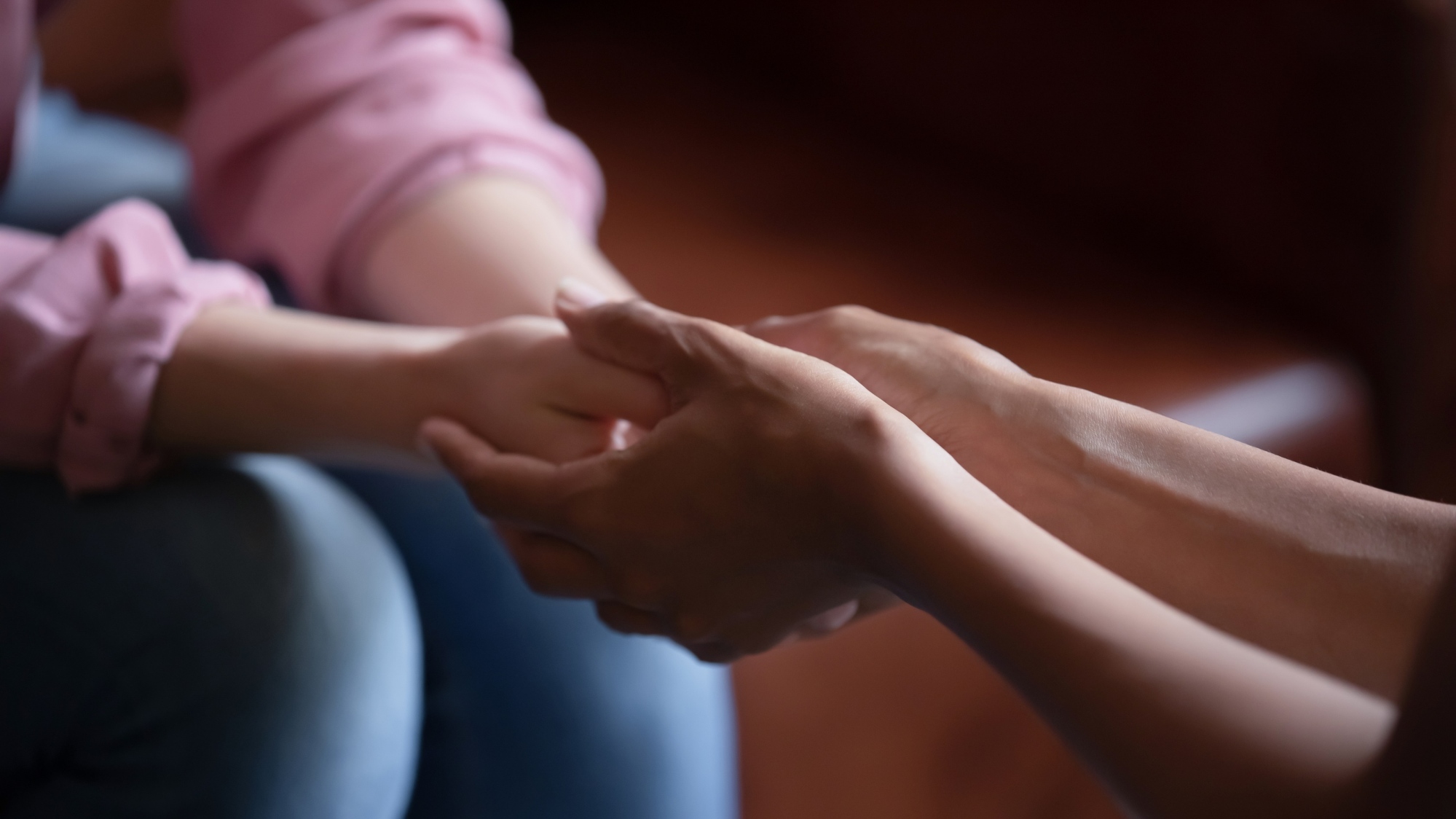 The other one I think I think is prevention education. I know we're starting to get there. There's been a lot of change around education. But I bring that up because right now a lot of the funding is going towards enforcement and the rehabilitation piece around basic needs supports. We need to hit it from both ends. There needs to be the same amount of funding and efforts put into the enforcement and the rehabilitation pieces as there is around the prevention and the proactive pieces.
The other one I think I think is prevention education. I know we're starting to get there. There's been a lot of change around education. But I bring that up because right now a lot of the funding is going towards enforcement and the rehabilitation piece around basic needs supports. We need to hit it from both ends. There needs to be the same amount of funding and efforts put into the enforcement and the rehabilitation pieces as there is around the prevention and the proactive pieces.
If we are not providing young people the appropriate education that will teach them about consent, healthy relationships, boosting self-esteem, how to treat one another and offering more socio-economic opportunities, then they may have the vulnerabilities that traffickers are looking for.
I would want to make a hub of support where, if somebody said they want to get help, they were connected with whoever is their first point of contact. They don’t have to go from one agency to another and tell their story again and again. And everybody in that place knows everything they can about human trafficking. They've worked on the promising practices. They know exactly what they're doing, working harmoniously together as a team from a collaborative approach where there is healthcare in that place, there is trauma supports, there is housing supports, there is supports to have your basic needs met in one place so that you can feel like you get to choose what you think you need to do right now.
The other thing that I think is important is around getting the appropriate in-patient supports that are specific to the complex trauma of survivors of human trafficking.
OMSSA: Is there anything else you would like to say that I didn’t ask about?
 KC: I always tell people that survivors of human trafficking are the most resilient people you will ever meet in your entire life. They inspire me. They still wake up every single day and they fight, and they are the funniest, bravest, powerful people I've ever met. I've watched them move mountains. I've heard their powerful voices. I've watched them change not only their lives, but other people's lives around them. I cannot stress enough that they can reach whatever goal they have for themselves.
KC: I always tell people that survivors of human trafficking are the most resilient people you will ever meet in your entire life. They inspire me. They still wake up every single day and they fight, and they are the funniest, bravest, powerful people I've ever met. I've watched them move mountains. I've heard their powerful voices. I've watched them change not only their lives, but other people's lives around them. I cannot stress enough that they can reach whatever goal they have for themselves.
Sometimes they just need somebody to listen and they need somebody to help them navigate those supports and resources. They're the most resilient people I have ever met in my entire life, and if we can have the appropriate supports and resources available to them, there's no telling what they'll do.
I want people to know that those clients that come into their office that, you know, are a bit combative and argumentative, and they are sometimes struggling with different things - that used to be me. Now I'm here able to do the best I can to share my experience and my story and help others, and they have the ability to do the same.
OMSSA: Thank you, Karly.
About the Author
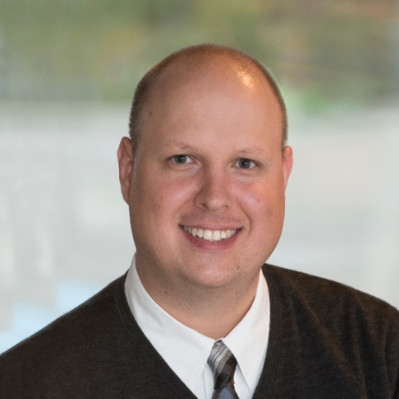
Rob Kirsic is the Communications and Member Engagement Manager with OMSSA. Rob started with OMSSA in 2021 and has over 14 years of communications and public relations experience in the private, public, and not-for-profit sectors.
